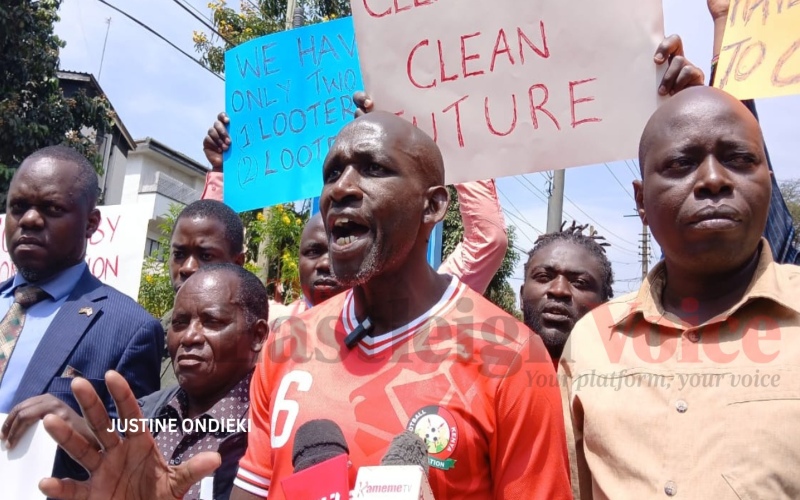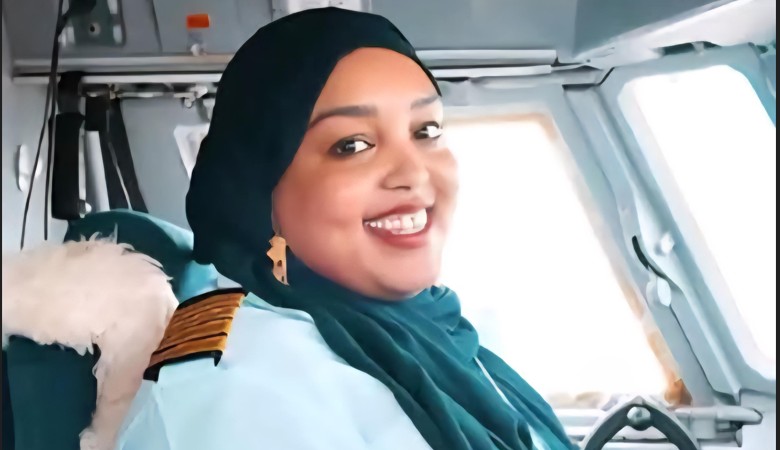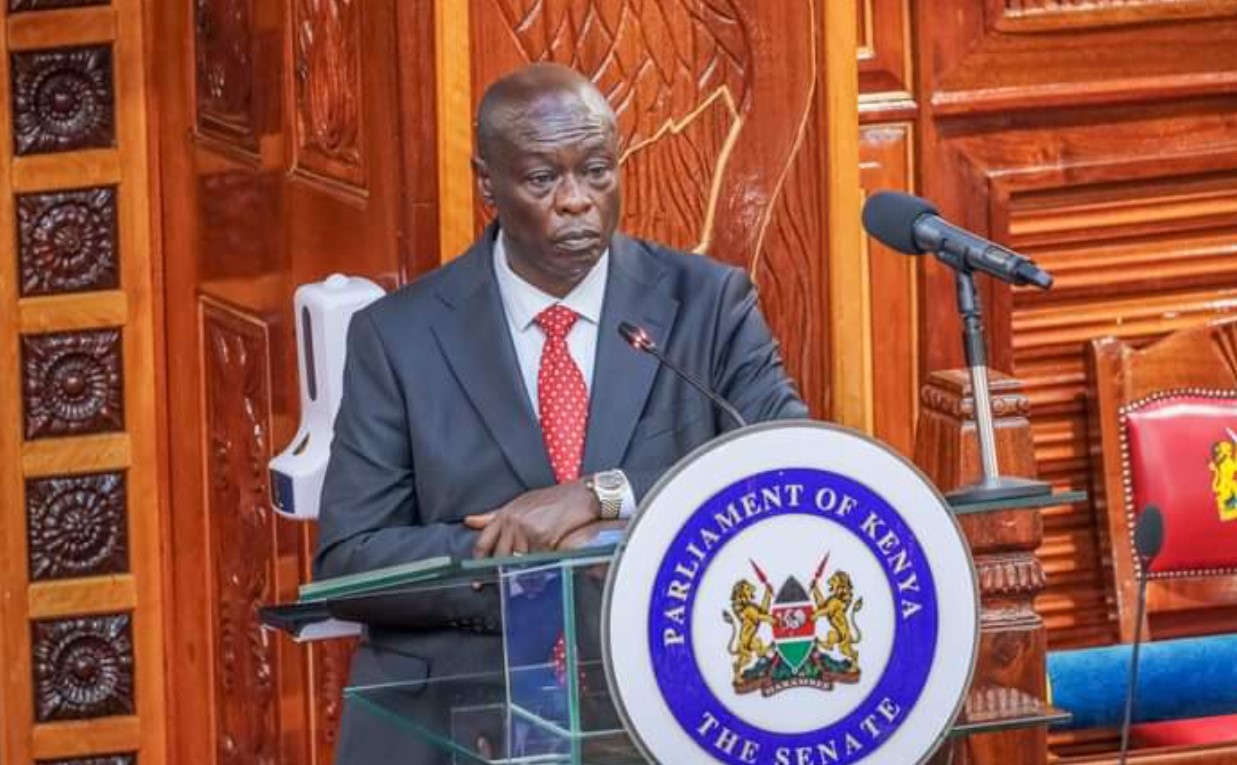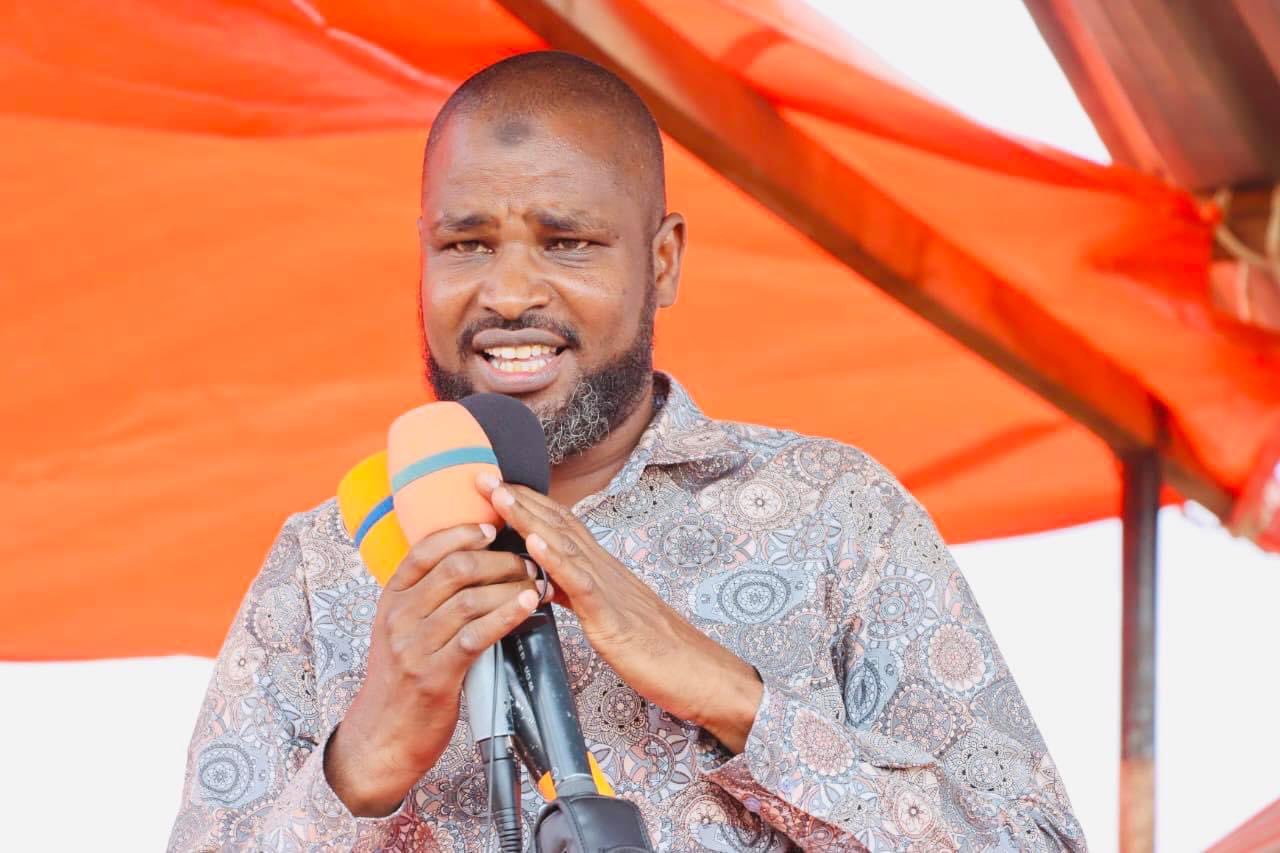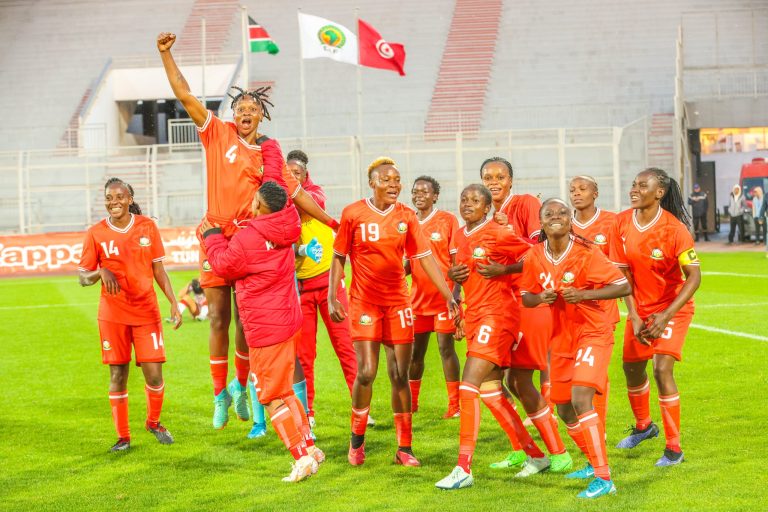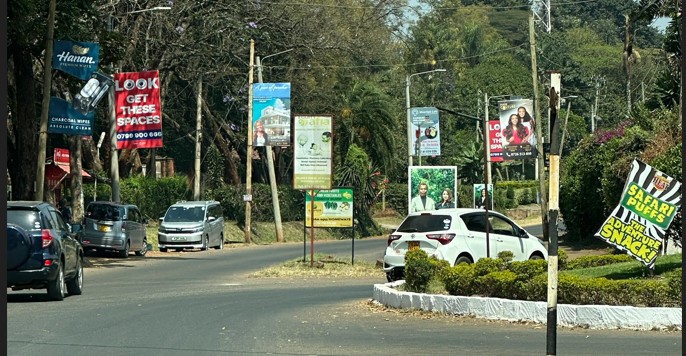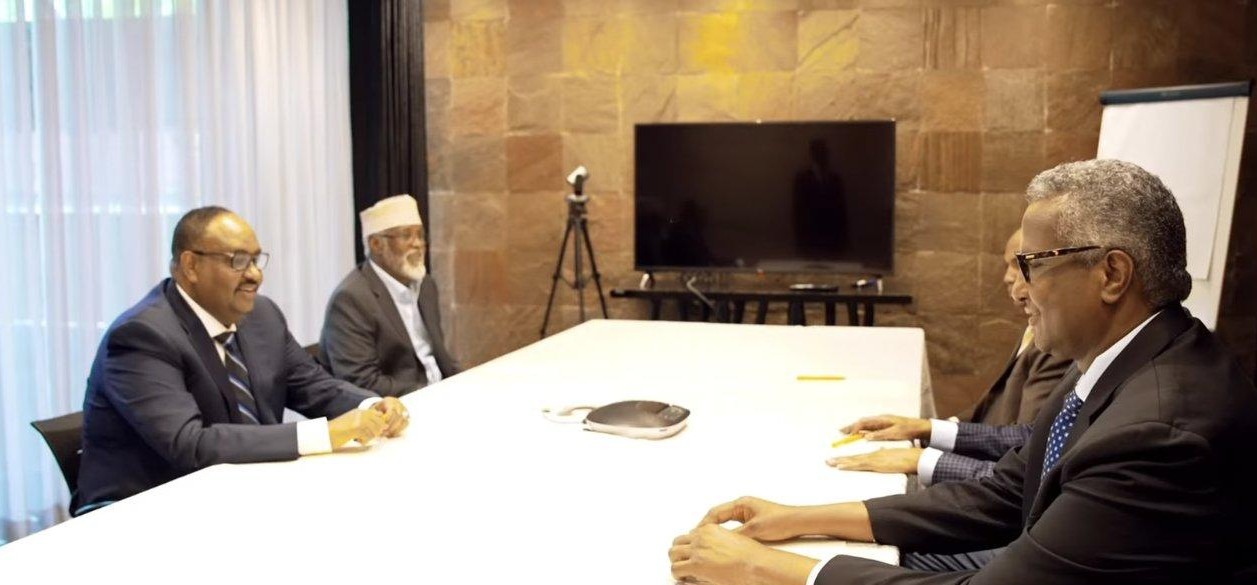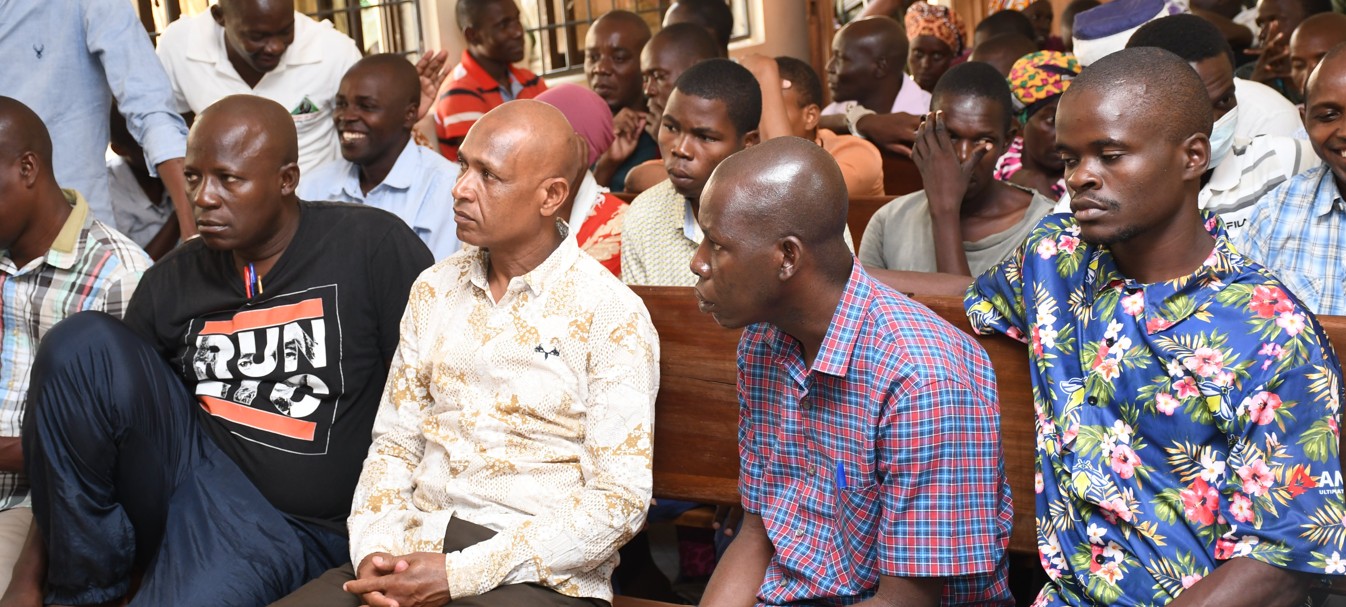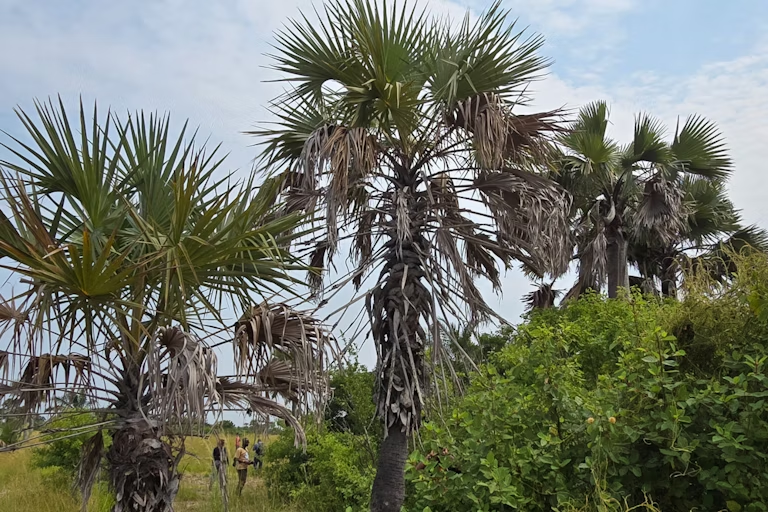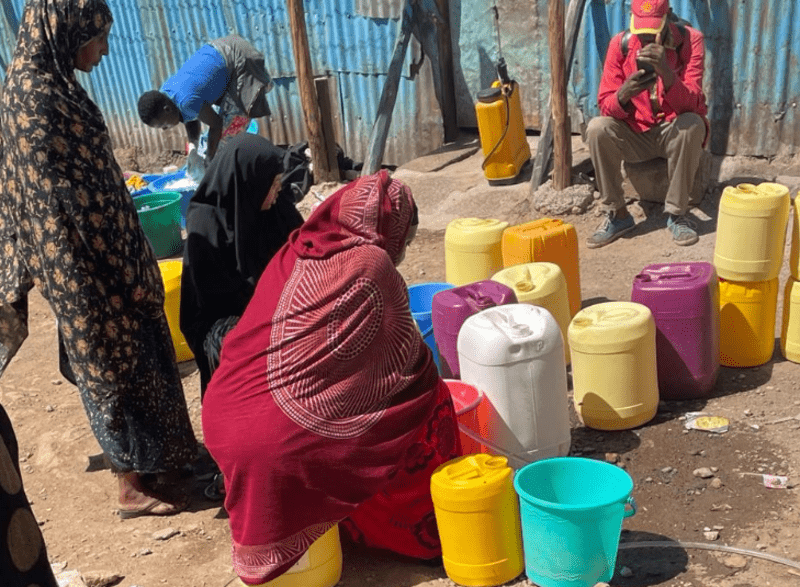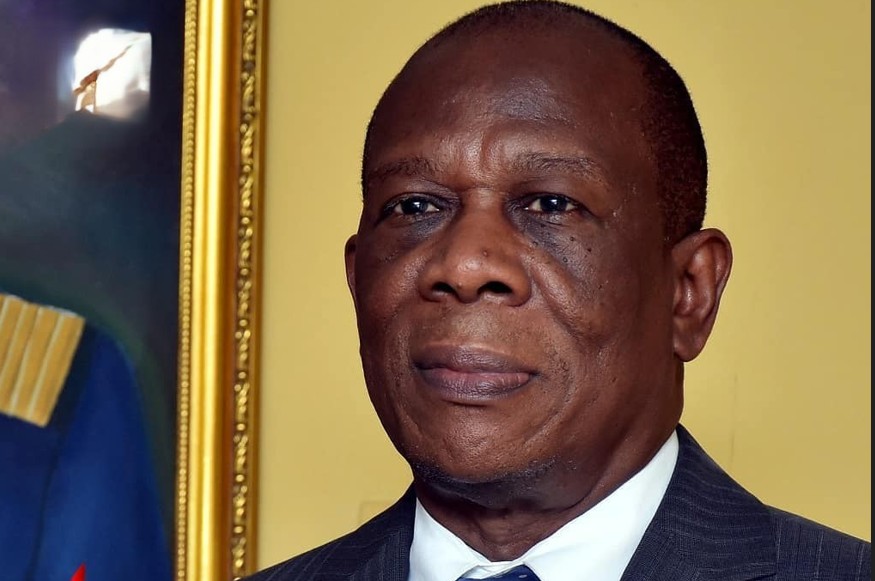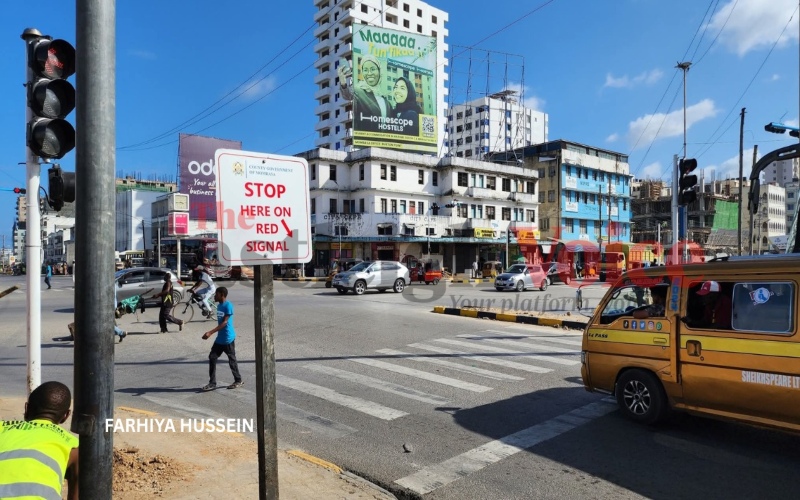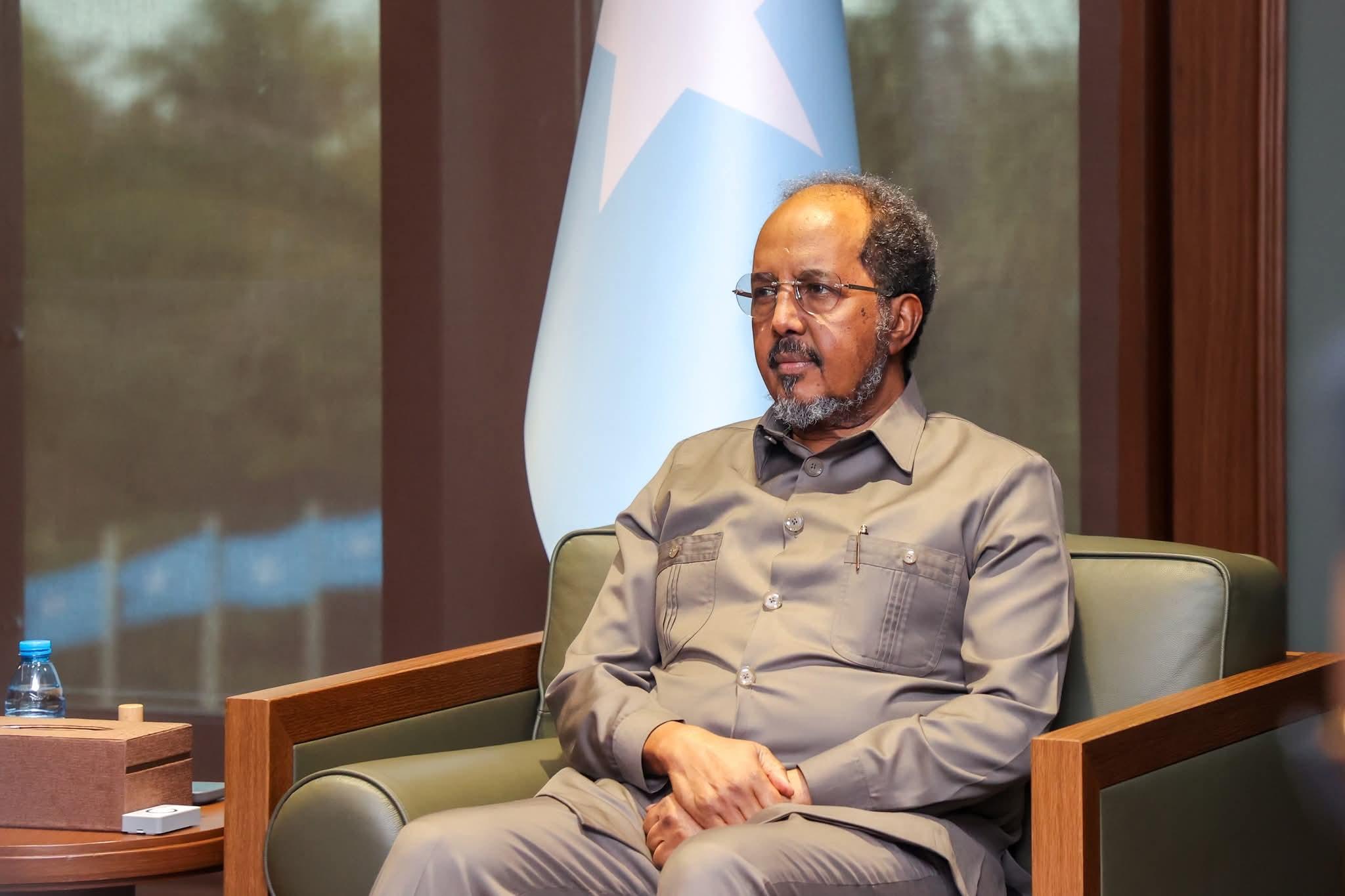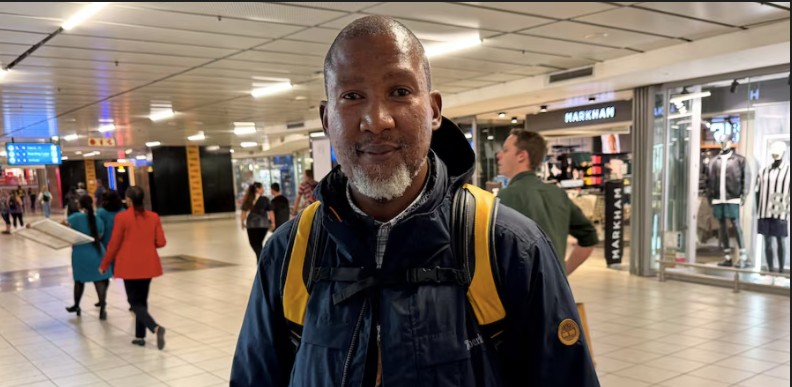HOLD for pics: Woman defies terminal cancer prognosis, becomes mother against all odds
Each year, around 6,799 women in Kenya are diagnosed with breast cancer, making it the most common cancer among women in the country and accounting for about 23.3 per cent of all female cancer cases.
When Eunice Mwende Mutiso was diagnosed with breast cancer at just 22 years old, she felt as though it was her fault, as if somehow, she had done something wrong.
“I remember thinking, Why me? I was young and healthy, with no family history of cancer. It felt like I was being punished for something I didn’t even understand.”
More To Read
- New study links oral hygiene to pancreatic cancer risk
- WHO warns global fight against non-communicable diseases is stalling
- How cancer misinformation exploits the way we think
- Stakeholders decry gaps in cancer care under Social Health Insurance
- Genetic tests for cancer can give uncertain results: new science is making the picture clearer to guide treatment
- Breast cancer: New study finds genetic risk in African women
It all began with a small lump in her breast. Initially, she dismissed it, never imagining it could be something serious. But after months of visiting four different hospitals and enduring medical delays, she was diagnosed with stage zero breast cancer. The confusion and lack of clear information overwhelmed her.
Unaware of the medical protocols, Eunice underwent a lumpectomy at a public hospital without a confirmed biopsy.
“I didn’t know I needed a proper diagnosis first,” she admits. “After the surgery, I was told I’d need 30 sessions of radiotherapy.”
Due to long queues and delays, her family came together and raised funds for her to seek care at Aga Khan University Hospital, where she could begin proper treatment and follow-up.
At Aga Khan Hospital, further tests showed that the initial surgery had been unsuccessful—precancerous cells remained. She was given two options: another lumpectomy followed by five years of hormonal therapy, or a full mastectomy with a daily hormone tablet. The cost of treatment influenced her decision, and she chose to undergo a mastectomy.
“I had the surgery in September 2016. A month later, I was told I was cancer-free,” she recalls. But that relief was short-lived. Just weeks after the surgery, her arm began to swell. Doctors diagnosed her with lymphedema, a lifelong condition that requires constant management.
A year later, while trying on a dress with a low neckline, she caught a glimpse of her mastectomy scar. That moment shook her deeply.
“It hit me all over again. I had lost a breast. I broke down. I went into depression. At 23, with one breast, I felt disfigured. Like something in me was broken.”
She began to struggle not only with the physical impact of cancer but with the emotional and social stigma as well.
“People stared, whispered, and judged. I had to learn how to love myself again in a world that often equates femininity with physical appearance.”
In December 2018, she found a cyst. By mid-2019, a lymph node on her neck started swelling. Further tests—including a biopsy at her mastectomy scar—confirmed her worst fear: the cancer was back, and this time it had spread to her lungs. She was now diagnosed with stage 4 cancer.
“I was told I had a year to live,” she says. “I wrote a bucket list of things I wanted to do, and honestly, treatment wasn’t one of them—it was too expensive. But my mom pleaded with me to try, so I agreed for her.”
She began chemotherapy, targeted therapy, and hormonal treatment. The process was gruelling and cost over Sh100,000 every three weeks. By the end of 2020, she had depleted her insurance. But a PET scan brought hope—there were no visible cancer cells in her body.
That moment reignited her will to live. She joined Kilele Health, a group organising wellness activities and mountain hikes.
“Climbing mountains helped me feel strong again. If I could conquer a mountain, I could conquer anything,” she says. She also joined A Fresh Chapter, a cancer support group that taught her how to manage her emotional well-being.
As she opened up about her journey, others began reaching out to her. She realised that many people were silently suffering, just like she had. That inspired her to launch Chasing Hope, an organisation that provides support, awareness, and advocacy for those affected by cancer.
But in 2023, the cancer returned. Unable to continue treatment due to financial hardship, Eunice was faced with yet another challenge—she discovered she was pregnant.
“I was shocked. The doctors advised termination due to the risk to both me and the baby. But I couldn’t do it. I chose to keep the pregnancy.”
To the amazement of her medical team, her first trimester was stable, and she carried her baby to term. Today, she is a proud mother to a healthy six-month-old daughter whom she exclusively breastfeeds.
Now, as she prepares to resume treatment, Eunice reflects on the journey: “It’s been a roller coaster of fear, hope, pain, and joy. But I allow myself to feel it all. My spiritual life, therapy, and the support of others have carried me.”
Science once gave her a year to live. This is her fifth. Through Chasing Hope, Eunice continues to uplift others, turning her pain into purpose. “Cancer didn’t end my life—it gave it meaning.”
Dr. Andrew Odhiambo, a Clinical Medical Oncologist at Prime Cancer Care Clinic, emphasises that stigma remains one of the greatest obstacles to effective cancer care in Kenya and beyond. “Stigma has delayed diagnosis, delayed treatment, and caused people to make wrong treatment choices. It’s a significant barrier to effective care.”
One of the most challenging aspects of Dr. Odhiambo’s role is breaking the news to patients when their cancer has returned. Such conversations demand more than medical expertise; they require emotional intelligence and empathy.
Despite the emotional weight of cancer recurrence, Dr. Odhiambo is optimistic about the remarkable advances transforming cancer care today. He describes the current era as a transformative time for oncology, marked by personalised medicine and immunotherapy that significantly extend survival and improve quality of life for many patients, including those with advanced or metastatic disease.
“We’re living in a transformative time for cancer care. Personalised medicine and immunotherapy are extending survival and preserving quality of life in ways we couldn’t imagine a decade ago.”
Targeted therapies such as palbociclib and abemaciclib have changed the outlook for patients with metastatic estrogen receptor-positive breast cancer. In Kenya, the Novartis Access Solutions Program has increased access to abemaciclib by providing it free of charge to eligible patients, reducing financial barriers that once prevented many from receiving this life-extending treatment. Dr. Odhiambo highlights that these therapies allow patients to live for many years, sometimes even decades, managing their disease with minimal disruption to their daily lives.
Immunotherapy has also revolutionised the treatment of triple-negative breast cancer, a subtype that was previously very difficult to treat effectively. For patients with HER2-positive breast cancer, new biologic drugs like trastuzumab, pertuzumab, and trastuzumab emtansine have greatly improved survival rates, offering hope where few options existed before.
Dr. Odhiambo also stresses the importance of clinical trials in Kenya, noting that institutions such as Kenyatta National Hospital are now offering cutting-edge treatments that help patients benefit from the latest global research. These trials are a vital part of bringing innovative cancer care closer to home.
He challenges the common misconception that mastectomy is the only surgical option for breast cancer. He explains that many patients qualify for breast-conserving surgery, which, when combined with appropriate therapies, provides outcomes equivalent to mastectomy. Dr. Odhiambo stresses that treatment decisions should be based on medical evidence and personalised evaluation rather than fear or misinformation.
Each year, around 6,799 women in Kenya are diagnosed with breast cancer, making it the most common cancer among women in the country and accounting for about 23.3 per cent of all female cancer cases. Unfortunately, breast cancer claims the lives of approximately 3,107 women in Kenya annually.
Globally, breast cancer affects millions of women each year. In 2022, for instance, around 2.3 million women worldwide were newly diagnosed with the disease. That same year, breast cancer caused about 670,000 deaths, representing nearly 7 per cent of all cancer-related fatalities worldwide.
These annual statistics reveal the continuing and significant burden breast cancer places on both Kenyan women and women around the world, underscoring the urgent need for enhanced screening, early diagnosis, and effective treatment options every year.
Top Stories Today
